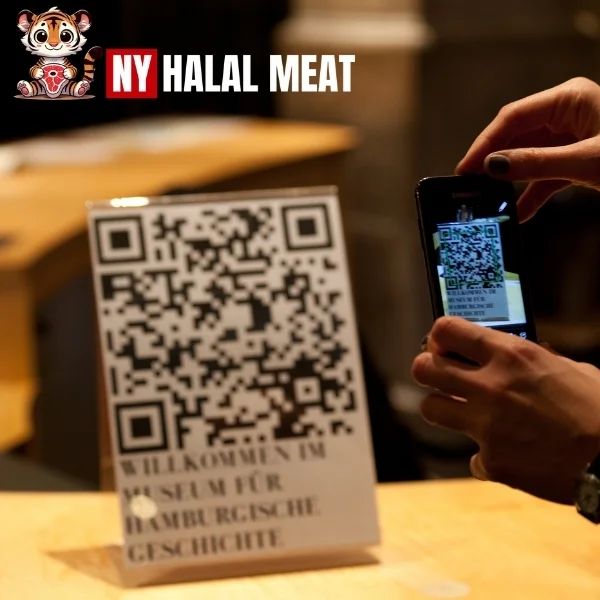QR Codes for Scanning: Making the Process of Authenticating Halal Products Mess Free
Defining Halal Certification
Every Muslim aims to follow the principles outlined in the Quran, such as consuming food that is permissible (halal) and ethical. For instance, any food item manufactured using alcohol, pork, or non-halal meat should not be able to obtain certification. To be certified, it must also comply with Islamic guidelines regarding how it was prepared and processed. Several organizations, including but not limited to IFANCA and the HFA, provide halal certification to manufacturers and sellers who follow established standards.
The Must of Verifying Halal Certification
As the demand for halal-certified products and items continues to grow internationally, the need arises for a fast and easy way to verify the status of the food. Almost every Muslim who has purchased halal food has questioned the integrity of the certification process, especially when buying products from stores that claim to be halal. If the certification is not verified, there is a risk of consuming non-halal food, which highlights the gap in the market. Halal certification verification is essential when shopping in grocery stores or online sites where product labeling may not always be reliable. The presence of fake halal certifications lowers consumer trust, making it necessary to have an easy method to check the legitimacy of certifications.
Advantages of Using QR Codes for Verifying Halal Certification
QR codes, or Quick Response codes, are two-dimensional printed barcodes that can be read through a cell phone or tablet to immediately provide access to information. Including QR codes in the halal certification process gives consumers a quick and simple means to verify the halal status of a product.
When a product is halal-certified, the manufacturer or retailer places a unique QR code on the packaging. This improves traceability in the supply chain, as consumers who scan the code are directed to a page containing certification information. The key benefits of using QR codes for halal certification include:
- Instant Verification: QR codes provide consumers the ability to scan and check the halal status of a product from their smartphone without relying on outdated labels.
- Transparency: QR codes offer comprehensive information, such as the certifying body’s name, certification number, and date of issuance, building confidence among manufacturers, certifiers, and consumers.
- Convenience: QR codes are easy to scan, making it simpler for consumers to check halal certifications while shopping.
- Prevention of Fraud: QR codes make it difficult to counterfeit halal certifications, allowing customers to access current and accurate certification information.
How QR Codes Work for the Verification of Halal Certification

Here is a step-by-step guide on how QR codes can be applied in verifying halal certification:
- Halal Certification Issued: After a product is deemed halal, a halal certificate is issued by the certifying body to the manufacturer or retailer.
- QR Code Generation: A product-specific QR code is created and placed on the product’s label or packaging. This code links directly to a webpage containing the product’s certification information.
- Scanning the QR Code: Consumers can scan the QR code to access a webpage with detailed information about the halal certification, including the certifying body’s name, certification number, and other relevant details.
- Access to Certification Details: By scanning the QR code, consumers can confirm the product’s halal status and ensure the certification is valid.
Conclusion
QR codes are transforming the way halal certifications are verified. By offering instant access to certification details, enhancing transparency, and reducing the risk of fraud, QR codes provide a modern and efficient solution to the growing demand for halal food authentication. As more brands and certifying bodies implement QR codes, consumers will enjoy greater confidence in the halal products they purchase, making it easier to align with their dietary and religious practices.



[…] to Use Promo Codes When Ordering […]